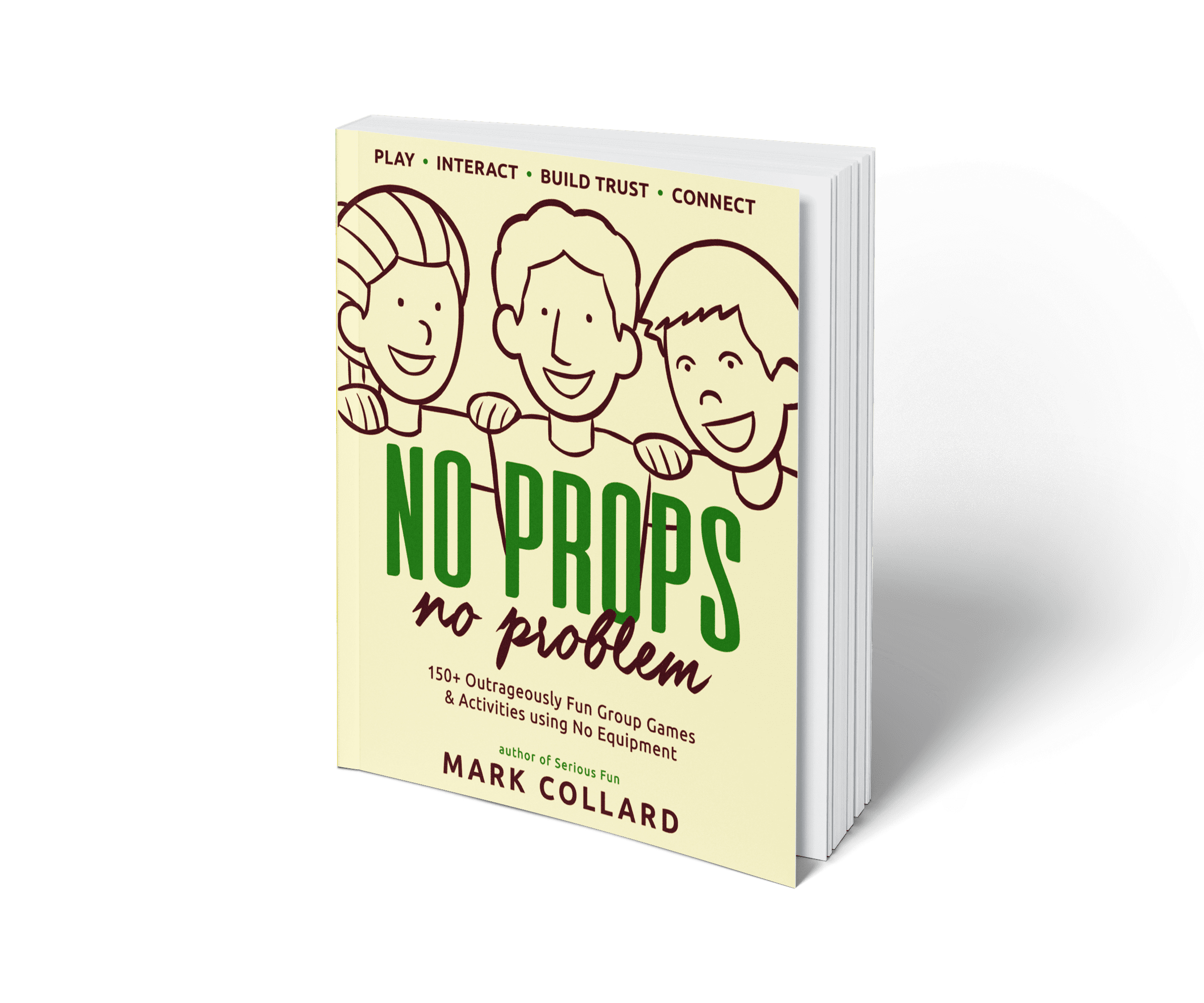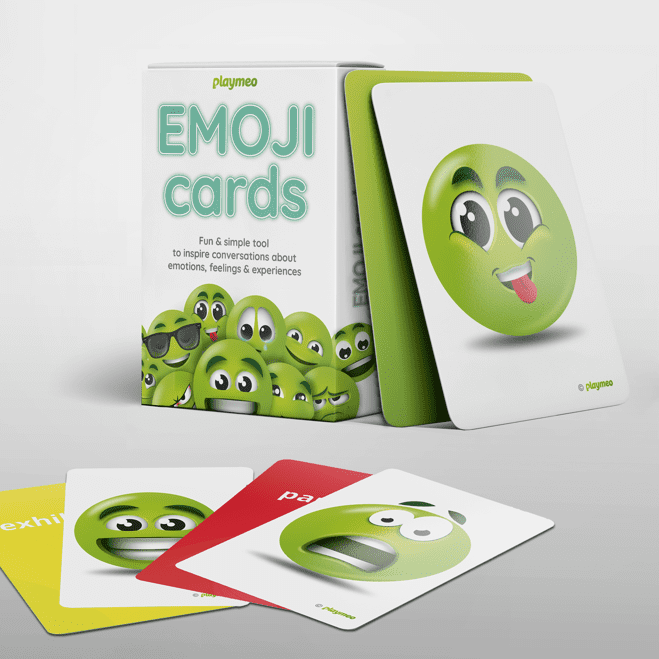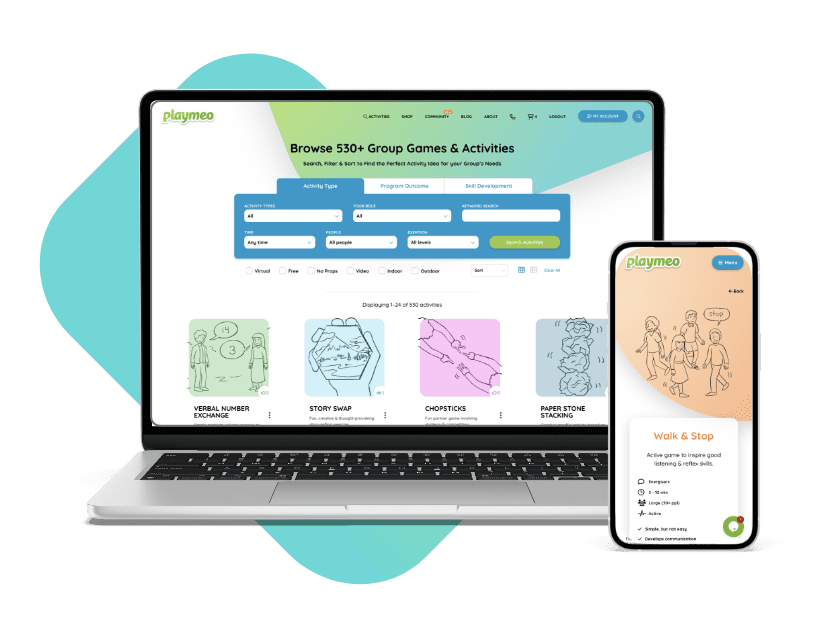I subscribe to a select number of blogs related to education, and this recent article from Teaching Matters struck a chord.
Anecdotally, I have always believed that experiential-based learning was a powerful (and attractive) way to invite people to learn. But for the longest time, I found it difficult to point to any hard research that backed up this notion.
Happily, the science is in. Extensive and rigorous research now backs up what we have always known to be true – experiential learning not only works, but it’s a very effective way to engage people in their learning.
What is Experiential Education?
But what exactly IS experiential education, and how does it compare and contrast to other powerful forms of education.
You can read my understanding of experiential learning here.
In this latest article, researcher Dr Simon Beames shares a research-based overview of experiential education. He firstly defines three primary durations of experiential learning – short, medium and long-term, and then describes a simple philosophical framework that is centred around six defining features.
They are:
- Continuity
- Authenticity
- Agency
- Emotional Engagement
- Support
- Reflection
If you work as an experiential educator, or use or are interested in using experiential learning in your classroom, training room, camp, etc, then I urge you to read this short article to get more details.
Click here for more.

No Props? No Problem!
Get 150+ no-prop games & activities + exclusive 30-day free trial of playmeo. Scan QR codes to view activity videos, leadership tips, etc.

EMOJI Feeling Cards
50+ cards that portray a range of emotions from happy, sad, angry & confused. Ideal for building emotional literacy skills.

Wow, you’ve been busy!
You can open 1 more
activity for free.
Limit resets every 24 hours
or click below to get unlimited access.











Original post November 2018, last updated September 2020.